Tour de France: Gesink falls just short in Station des Rousses
'It was clear that we were both on our knees,' runner-up says of duel with stage 8 winner Calmejane
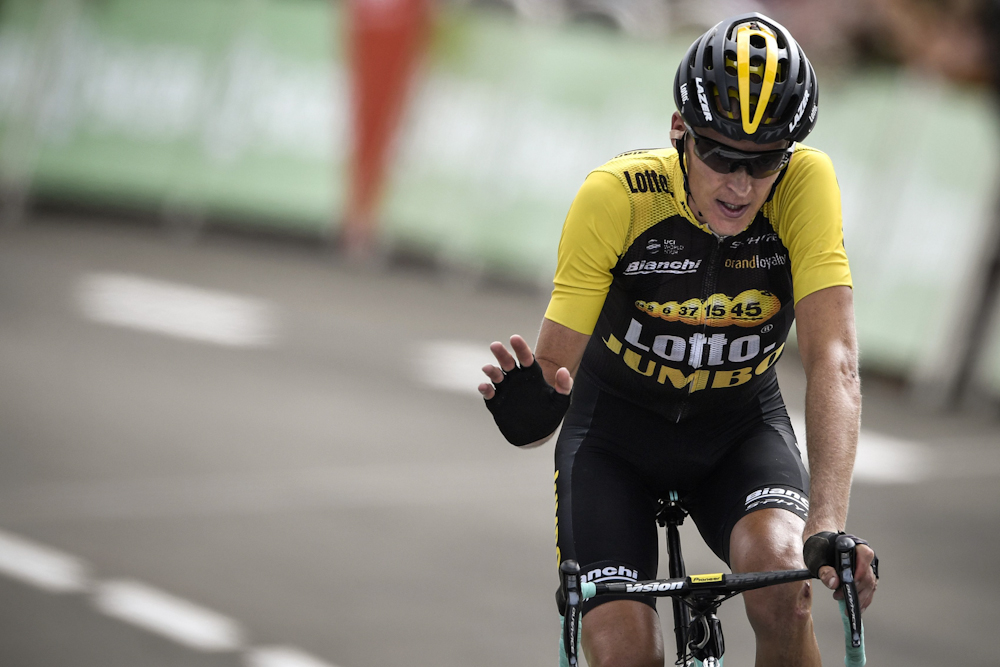
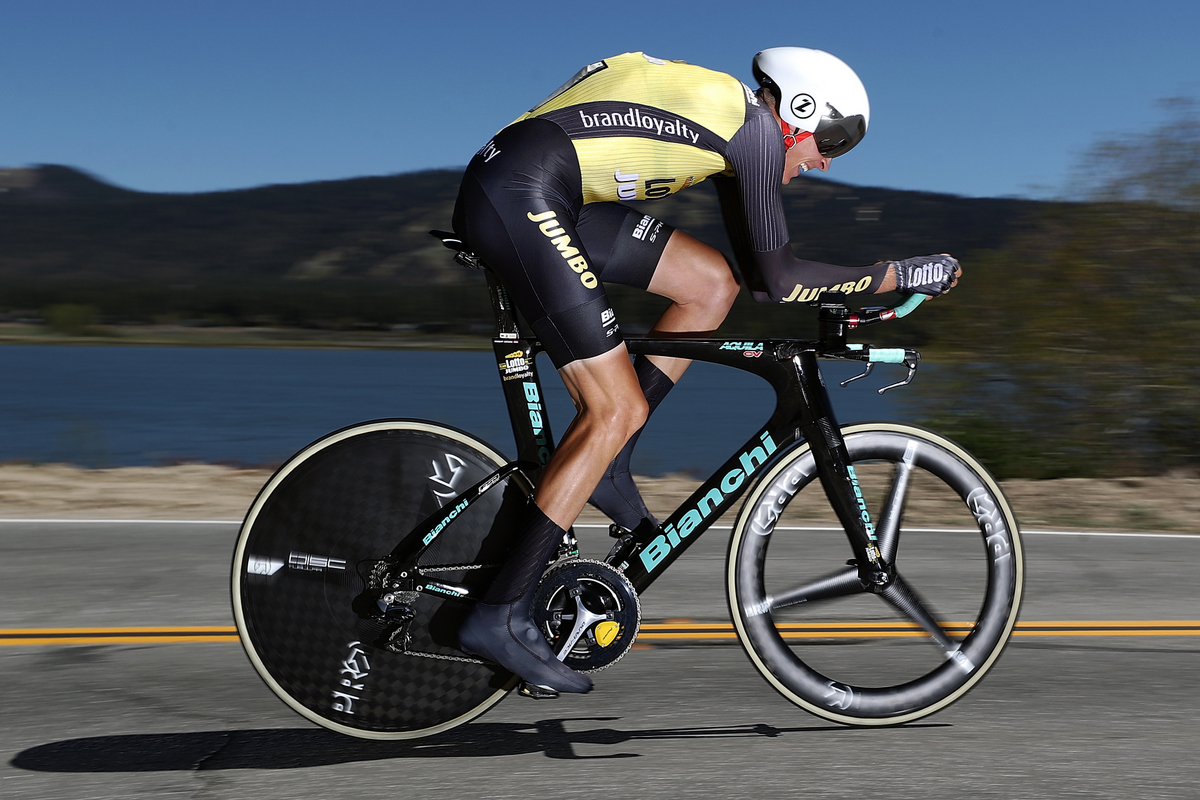
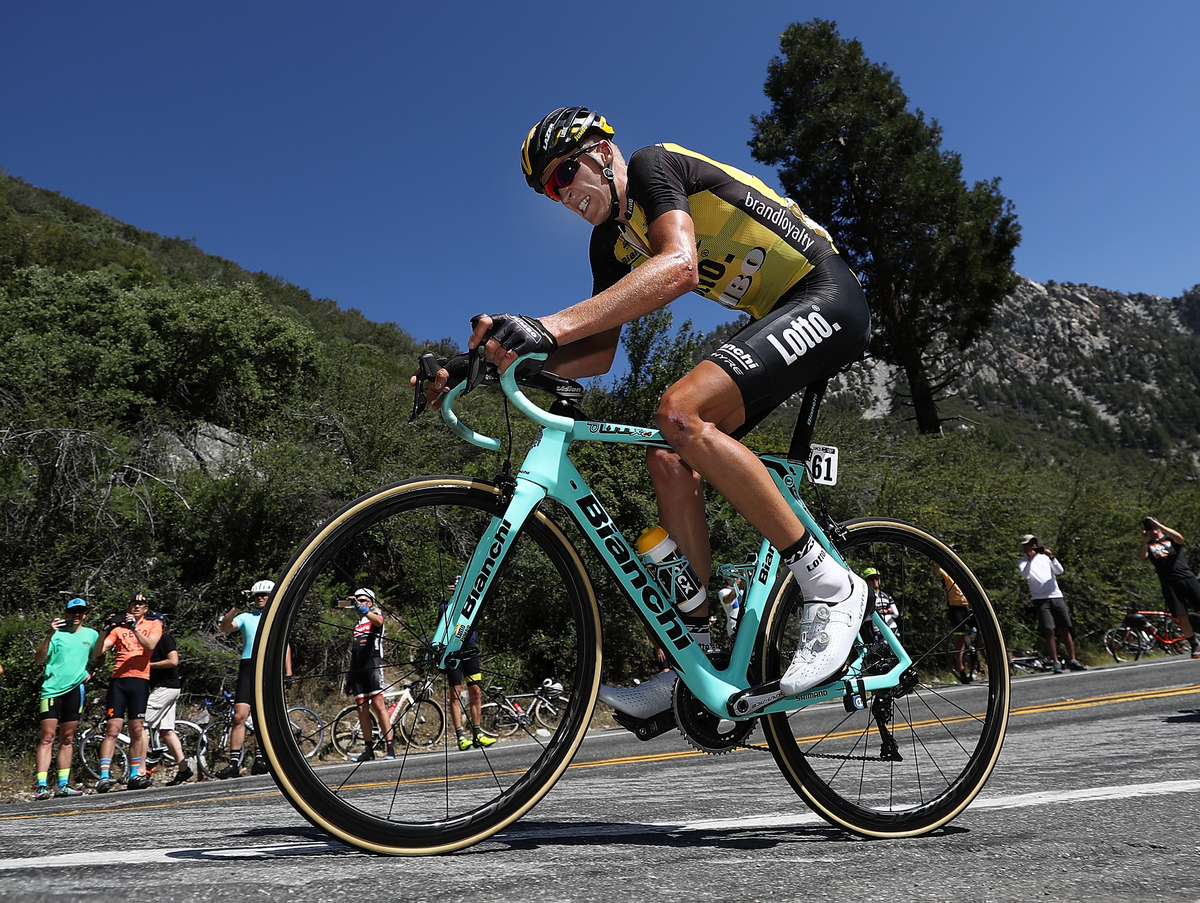
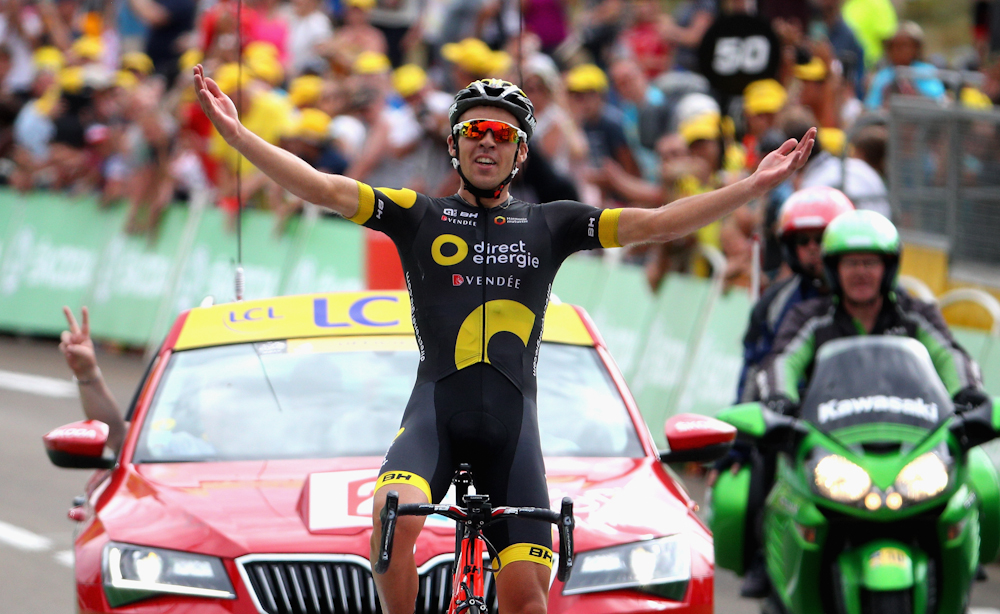
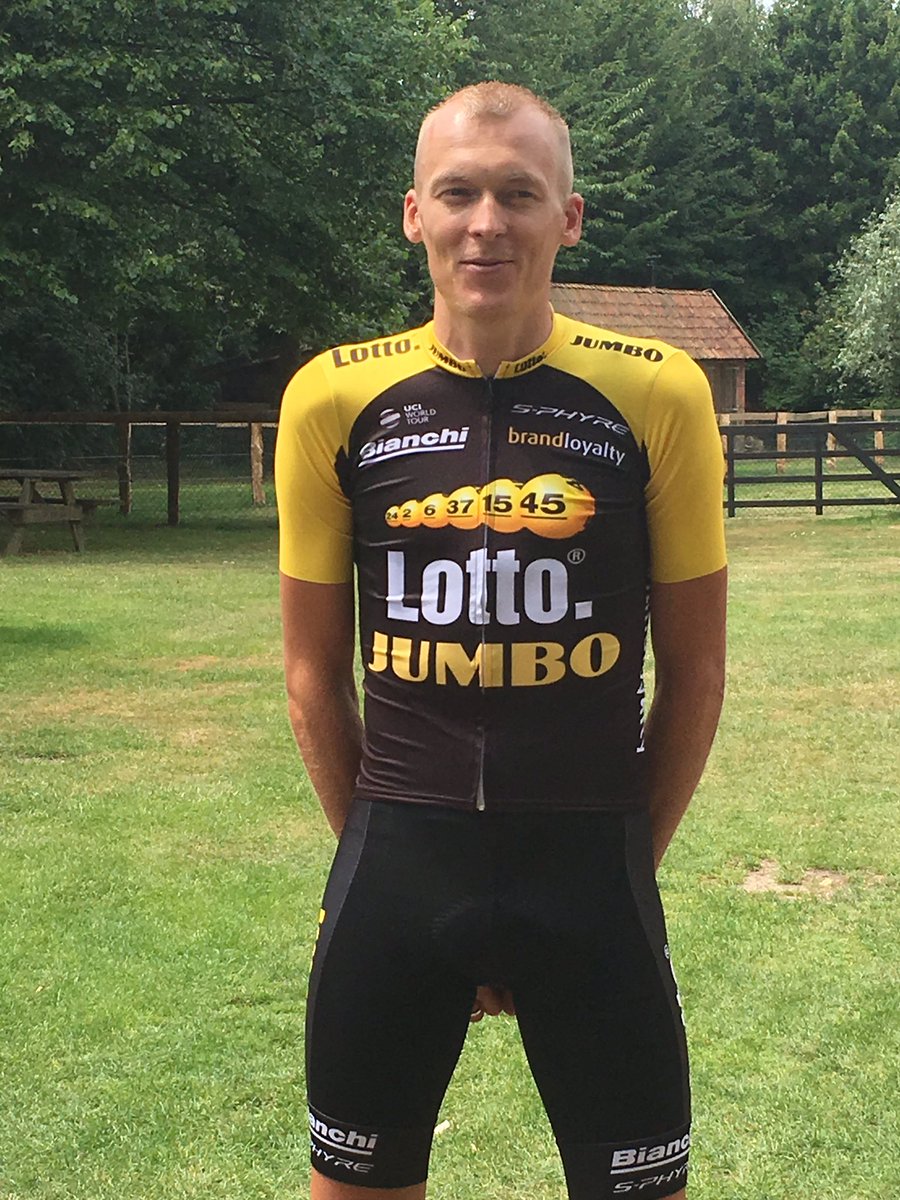
During the first week of the Tour de France, Robert Gesink (LottoNL-Jumbo) struggled. He struggled to lose time. Gesink is no longer hunting down a good general classification. Instead, the 31 year-old Dutch rider aims to get stage wins. To get the stage wins, he intentionally lost time so that his presence in a breakaway group wouldn't make the GC teams nervous. During stage 8 from Dole to Station des Rousses, Gesink reached out for the stage win a first time. He came close but fell just short for the win, finishing as runner-up behind young Lilian Calmejane (Direct Energie).
Gesink, nicknamed the condor of Varsseveld, struggled with his new role during the first few days of the Tour de France. One expected him to go easy in the opening time trial in Düsseldorf, but Gesink did well in the rain, finishing in 22nd place. "I wanted to test my legs," Gesink explained.
During the second stage, Gesink still struggled to lose time, finishing in the same time as the winner. Meanwhile, breakaway specialists like Thomas Voeckler (Direct Energie), Dylan van Baarle (Cannondale-Drapac) and Tony Martin (Katusha-Alpecin) started shedding minutes. It became a topic in the Dutch media: When will Gesink finally lose time? At the uphill finish in Longwy, during stage 3, Gesink managed to let it go, losing about three minutes. He was quoted afterwards saying that he had to go real slow to lose that much time.
Gesink started the eighth stage with a deficit of 15 minutes on race leader Chris Froome (Team Sky). Still, it was very hard to get away from the peloton and then be offered enough of a lead to stay away. The presence of riders like Emanuel Buchmann (Bora-Hansgrohe), who were much closer in the GC, didn't help.
"It was crazy. It was really hard to catch the right group. It cost a lot of power and energy. In the end, we rode with a strong group and I tried to play my own game. I came here to try and win a stage. I think this one can go down as a decent effort," he said.
"On the last climb I tried to ride at my own pace. I rode with Pauwels. I thought, let's try and get to the front. I dropped Pauwels, then I passed Roche. My run ended at 50 metres from the leader. I blew up a little bit. I tried to restart but it wasn't enough. I'm proud of what I did. I did what I could. It was close but I'm satisfied with the result. There's more chances coming up."
When talking with the media after crossing the finish line in second place at 37 seconds from Calmejane, Gesink had no regrets. The past few years have been rough on the likeable Dutch rider. Several serious injuries, heart rhythm problems and dealing with the pressure from the Dutch media had taken a toll on Gesink. Since 2015, Gesink is no longer the hope of the Dutch to win a Grand Tour. He seems much more relaxed and likes his new racing style, away from the spotlights.
Get The Leadout Newsletter
The latest race content, interviews, features, reviews and expert buying guides, direct to your inbox!
"There's still a lot of opportunities and this was the first one. Beforehand, I already said that I didn't like this stage a lot. I'm not a Juraman. I don't like the rolling roads over here," Gesink said, while making gestures as if he's drunk. "I think I'll take a day off tomorrow, even though that's not quite possible during such a hard stage. I'm not looking forward to that. Later, there's new opportunities and then we'll play the game again."
At five kilometres from the finish, sole leader Calmejane seemed to have the win in the pocket as Gesink was about 20 seconds down on him and losing time. He was riding on the rolling plateau after the final climb, the Montée de la Combe de Laisia Les Molunes, when he suddenly struggled with cramps. Gesink briefly came closer as Calmejane had to stretch his legs but the gap quickly started growing again.
"I heard it through the radio, but my legs probably weren't much better. It was clear that we were both on our knees. I probably was a little bit more dead than he was."